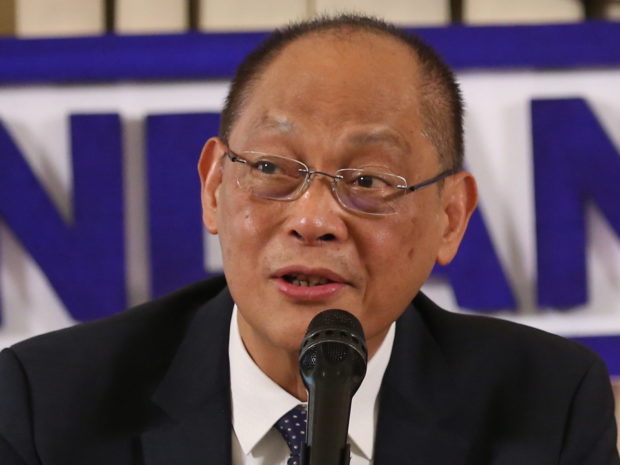MANILA, Philippines—The Bangko Sentral ng Pilipinas (BSP) on Tuesday (March 29) said its updated financial inclusion tack will cast a wider net on sectors most vulnerable to natural calamities and economic shocks.
In a statement, the BSP said the National Strategy for Financial Inclusion (NSFI) 2022-2028 initiative, which it spearheads, had identified “improved access to social protection and social safety nets”— cash assistance, health and unemployment insurance, disaster risk insurance, and pension—as one of its objectives.
“Financial resilience means individuals and households have the ability to mitigate and manage potential risks to their sources of income and their overall financial position,” BSP Governor Benjamin Diokno said.
“Financial resilience will also allow Filipinos, especially the poor, to reduce the negative impacts of natural disasters, health crises, and other vulnerabilities on their personal finances,” Diokno added.
For Diokno, “building financial resilience will enable Filipinos and their families to benefit from and contribute to the country’s economic growth.”
The NSFI 2022-2028 was aimed at inclusive growth and financial resilience for all Filipinos.
Diokno last month said the updated medium-term financial inclusion strategy wanted to:
- Reduce disparities in financial inclusion
- Improve financial health and resilience
- Make consumers more financially capable and empowered
- Increase access to finance for micro, small and medium enterprises (MSMEs), startups, and the agriculture sector.
These goals will be achieved by promoting inclusive digital finance, strengthening financial education and consumer protection, enhancing access to risk protection and social safety nets, and enhancing the agriculture and MSME financing ecosystem, Diokno had said.
